
Queensland has passed a law enabling assisted suicide, making it the fifth state in Australia to do so. It will force Catholic institutions to allow assisted suicide on their premises if a patient wishing for it can’t be moved elsewhere.
Members of the local parliament voted 61-30 for a ‘Voluntary Assisted Dying Bill’ that will enable people suffering a disease, illness or medical condition that is advanced, progressive and terminal to access voluntary-assisted suicide. In most countries where the measure has been introduced, numbers availing of it rise and the grounds expand.
The person must be expected to die within a year, they must have decision-making capacity, and proceed without coercion.
A lack of palliative care services available to people living in remote, far-flung Queensland was one of the reasons many MPs gave as they spoke in opposition to the laws.
Catholic Health Australia ran a concerted campaign to protect Catholic hospitals and aged care facilities that provide about 20 per cent of hospital and aged care beds in Queensland.
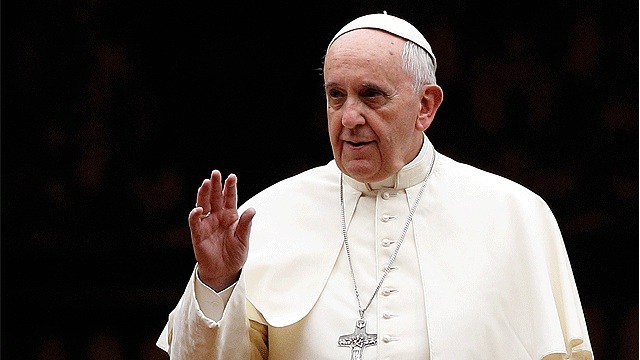
Pope Francis has repeated the strong opposition of the Catholic Church to abortion during his visit to Slovakia this week and on the plane back to Rome afterwards. He also reiterated that marriage is between a man and a woman.
During the homily of the closing Mass in Slovakia he celebrated for 60,000 people, Francis said that Christians are called to be “protectors and guardians of life where the culture of death reigns.”
Later, on the plane home to Rome, he said abortion is more than a problem, “abortion is homicide”.
“Abortion…without being ambiguous: whoever has an abortion kills. Take any book on embryology for medical students in medical school. The third week after conception, from the third week, often before the mamma is aware of it, all the organs are already there, even the DNA… Isn’t that a person? It is a human life, period. And this human life must be respected. This principle is so clear, and to those who cannot understand, I would ask two questions: is it right to kill a human life to solve a problem? Scientifically, it is a human life. The second question: is it right to hire a hitman to solve a problem?”
On the topic of marriage, he commented: “Marriage [between a man and a woman] is a sacrament, the Church has no power to change the sacraments as the Lord has instituted them.”
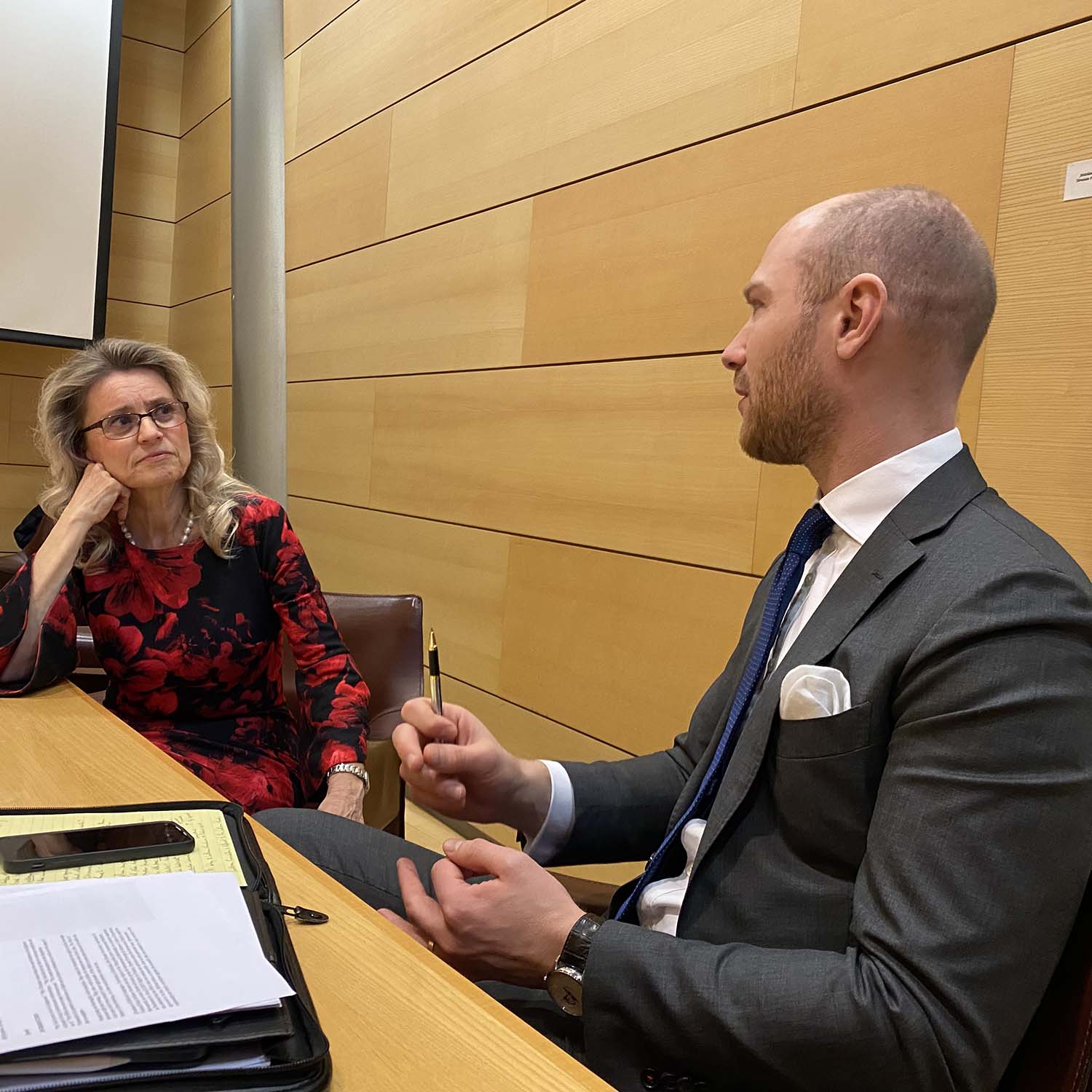
The Helsinki District Court has set the date for the hearing in the censorship case of Finnish Member of Parliament, Päivi Räsänen.
In April, the Finnish Prosecutor General brought three criminal charges against her. The former Minister of the Interior now faces two years imprisonment or a fine. The medical doctor is accused of having engaged in “hate speech” for publicly repeating biblical teaching on human sexuality and marriage in a 2004 pamphlet, for comments made on a 2019 radio show and a 2019 tweet directed at her church leadership. She has said attending gay pride parades is a “sin”.
“I await the court proceedings with a calm mind, confident that Finland will respect the freedom of expression and religion enshrined in fundamental rights and international conventions. I will not back down from my conviction based on the Bible and I am ready to defend freedom of expression and religion in all necessary courts. I cannot accept that voicing religious beliefs could mean imprisonment. I will defend my right to confess my faith, so that no one else would be deprived of their right to freedom of religion and speech,” said Päivi Räsänen.

The British Medical Association (BMA) has voted to move from opposition to a position of neutrality on assisted suicide.
In a BMA membership survey last year, to which almost 30 000 doctors responded, 40% said the BMA should support a change in the law, 33% said it should remain opposed, and 21% wanted it to take a neutral stance.
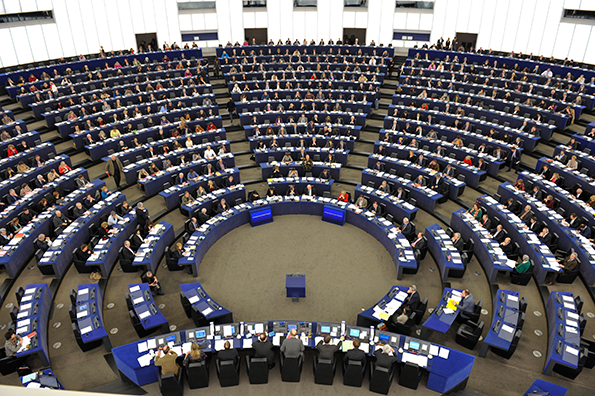
The EU should lift all national obstacles to the recognition of same-sex relationships, say MEPs, even though this is a not an area which falls directly under EU power.
In a resolution on the rights of LGBTIQ persons in the EU (adopted with 387 votes in favour, 161 against and 123 abstaining), the European Parliament emphasises that these citizens should be able to fully exercise their rights, everywhere in the Union.
The resolution states that marriages or registered partnerships formed in one member state should be recognised in all of them in a uniform way, and same-sex spouses and partners should be treated the same as their opposite-sex counterparts.
The resolution also urges all EU countries to accept the adults mentioned in a child’s birth certificate as their legal parents, regardless of their biological connection or whether surrogate mothers or third party gametes were used.
Following the European Court of Justice ruling “Coman & Hamilton”, which found that “spouse” provisions in the Free Movement Directive also apply to same-sex couples, the Commission should take enforcement action against Romania, where the government has not changed national legislation to reflect this ruling, MEPs ask.
The Parliament also called for further EU action (infringement procedures, judicial measures and budgetary tools) against Poland and Hungary.

Paris Saint-Germain (PSG) star Neymar receives €541,680 gross per month extra if he avoids any “political or religious propaganda that could damage the image and unity of the club”.
That’s according to an investigation by Spanish news outlet El Mundo which leaked the forward’s contract with Qatari owned PSG.
It is understood that Neymar would receive €6.2 million (£5.28 million) a year simply as part of an ‘ethical clause’ included in his contract with the Parisian club.
The clause also requires the avoidance of any “negative public comments about the club, those who work there and those who support it” as the club wants an “exemplary behaviour, especially on the field” from the player.
The 29-year-old has previously made several references to his Christian faith. He grew up going to Peniel Baptist church in his native Sao Paulo with its lead pastor Newton Lobato revealing the footballer gives around €18,000 every year.
Neymar once said: “Life only makes sense when our highest ideal is to serve Christ”.
He has also been seen receiving trophies wearing a headband stating “100% Jesus”, such as the Champions league final celebration in 2016 when F.C Barcelona claimed the title.
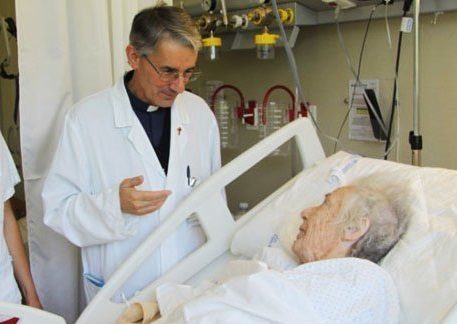
A public consultation on the National Adult Palliative Care Policy was announced yesterday by the Minister for Health, Stephen Donnelly. Well-funded palliative care is generally presented as the best alternative to assisted suicide.
He was speaking during a visit to Our Lady’s Hospice & Care Services’, Wicklow Hospice, a group founded by the Sisters of Charity in 1879.
He said the Government is planning to update the National Palliative Care Policy for adults next year. “We are using an online survey to get the views of the public on how services for people with a serious and progressive illness are delivered, which will inform the policy update. Survey participants will be asked about their awareness of palliative care, their views on current services and future priorities for palliative care services. This survey can be accessed from today and will be open for six weeks closing on 25th October 2021.”
He added: “The survey will provide valuable information about the views of the nation on how care for people with a serious and progressive illness is delivered in Ireland and help to shape the development of the update to the Palliative Care Policy for adults”.

Rowan Williams, the former Archbishop of Canterbury and Archbishop of Wales, has strongly denounced assisted suicide just days after his predecessor reiterated his support for the controversial practice.
In a statement submitted to the British Medical Journal, Lord Williams warned medics that a change in the law would lead to “overstrained families” and “overstretched medical resources” exerting pressure on many patients to take their lives by assisted suicide.
He questioned whether the progress and provision of palliative care in the UK could survive “overburdened budgets” when enabling the suicides of people who required nursing and hospice care became the cheaper option.
Meanwhile, a former chair of the Danish Council of Ethics has published a stinging attack on legalised euthanasia in the British Medical Journal.
While euthanasia is often described as the ultimate expression of autonomy Ole Hartling is deeply sceptical as, he says, the wish to die arises against a backdrop of desperation, a feeling of hopelessness, possibly a feeling of being superfluous.
“Thus, it is under these circumstances that the right to self-determination is exercised and the decision is made. Such a situation is a fragile basis for autonomy and an even more fragile basis for decision making. The choice regarding your own death is therefore completely different from most other choices usually associated with the concept of autonomy”.
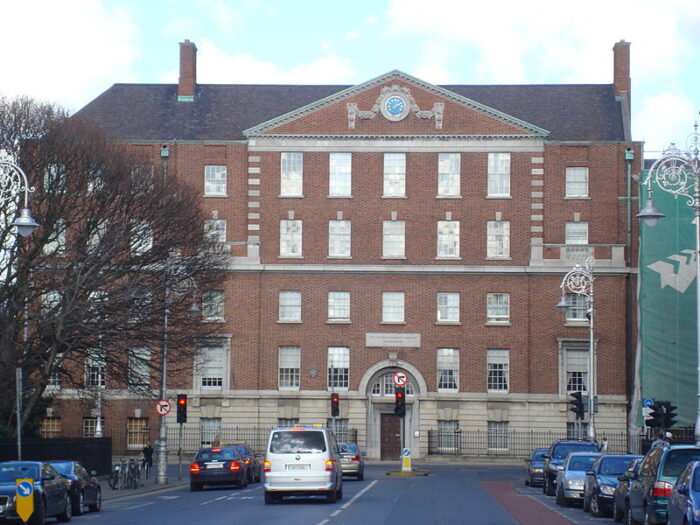
The start of construction on the new €500 million National Maternity Hospital (NMH) has been delayed after HSE board members rejected its proposed governance structure for fear it will give control of the facility to St Vincent’s Healthcare Group (SVHG).
It is thought that the latest impasse over corporate governance is not related to religious ethos. There is no evidence that the Sisters of Charity, who founded St Vincent’s, will have any influence over the proposed NMH.
The board’s audit and risk committee has repeatedly refused in the past six months to accept the formula for appointing directors to the board of a company called National Maternity Hospital at Elm Park DAC, which will operate the new facility on St Vincent’s campus in Dublin. The project cannot go ahead without the HSE board’s approval.
The committee, chaired by Brendan Lenihan, a former president of the Institute of Chartered Accountants in Ireland, has argued that the Hospital board’s composition, as planned, would not adequately protect the public interest and would give SVHG effective control.
Because of the standoff over governance, a motion for approval of the project has not yet been put to the main board. Its next meeting is scheduled for September 24.

Assisted suicide would “skew the meaning of medicine”, according to an English bishop in charge of pro-life issues.
Baroness Molly Meacher’s private member’s Assisted Dying Bill is set to get its second reading – where it will be debated in the House of Lords – on October 22.
The proposed legislation would allow terminally ill patients in their last six months of life to avail of assisted suicide with the permission of two doctors and a judge.
“Those in favour of the bill are making good use of language to confuse the issue and call it a compassionate and caring approach to redefine the question and obscure the actual reality and consequences of such legislation,” said Bishop John Sherrington, an auxiliary for the Diocese of Westminster.
“Catholic teaching opposes assisting suicide, since life is a gift to be cared for and preserved until its natural death. The Church is clear that we cannot directly choose to take the life of another, even if they request it,” the bishop wrote in an open letter.